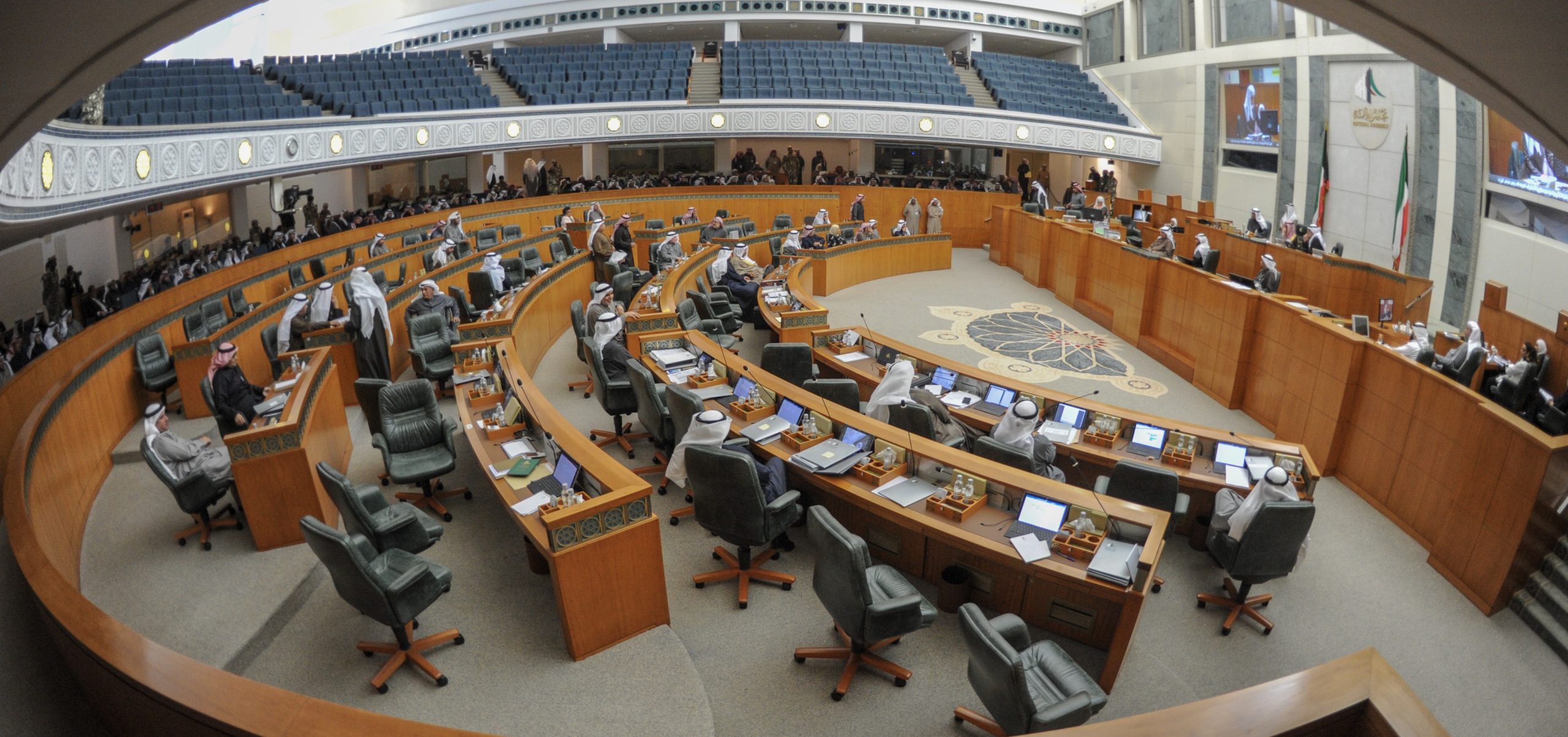- ASRY Awarded 2024 RoSPA Gold Medal in Health and Safety
- BP ponders shifting focus away from renewables, say sources
- QatarEnergy enters 10-year naphtha supply agreement with Japan’s ENEOS Corporation
- The International Energy Agency expects oil demand growth to slow in 2024
- The International Monetary Fund re-selects Kristalina Georgieva as its director
- Libya to target producing 1.4 million b/d by end 2024
- TotalEnergies launches the Marsa LNG project and deploys it multi-energy strategy in Oman
- H.E. Minister Al-Kaabi: Demand for oil and gas will continue for long; we have to be responsible, and Qatar is doing its part
- Egypt to stop exporting LNG starting from the beginning of May 2024
- QatarEnergy selects Nakilat to own and operate 25 conventional LNG vessels

Kuwait may be in urgent need to borrow 66 billion dollars

Due to the repercussions of the Coronavirus pandemic and the fall in oil prices, Kuwait is currently going through one of its worst financial crises. Some sources estimate that the general budget deficit will reach 14 billion dinars due to the drop in oil prices.
Kuwaiti Finance Minister Barak Al-Sheitan said a few days ago that the government’s need to pass a public debt law that would enable it to borrow 20 billion dinars (about 66 billion dollars) within thirty years “is still urgent and necessary.” Al-Shaitan emphasized that the public debt will not exceed 60% of the gross product (GDP), and that the borrowing amounts will be directed to spending on “infrastructure and construction projects”.
However, Safaa Al-Hashem, head of the Parliament’s Financial and Economic Committee, announced the submission of an amendment to the project of law that includes reducing borrowing to ten billion dinars and that the maturity period would be ten years, with the law being reviewed within three years. Safaa Al-Hashem added that the committee’s proposal includes, in addition to reducing the volume of borrowing, that “the next minister should present the reform vision and a complete economic reform program with reduced expenses and a method for increasing revenues and provide a clear plan for payment mechanisms.










